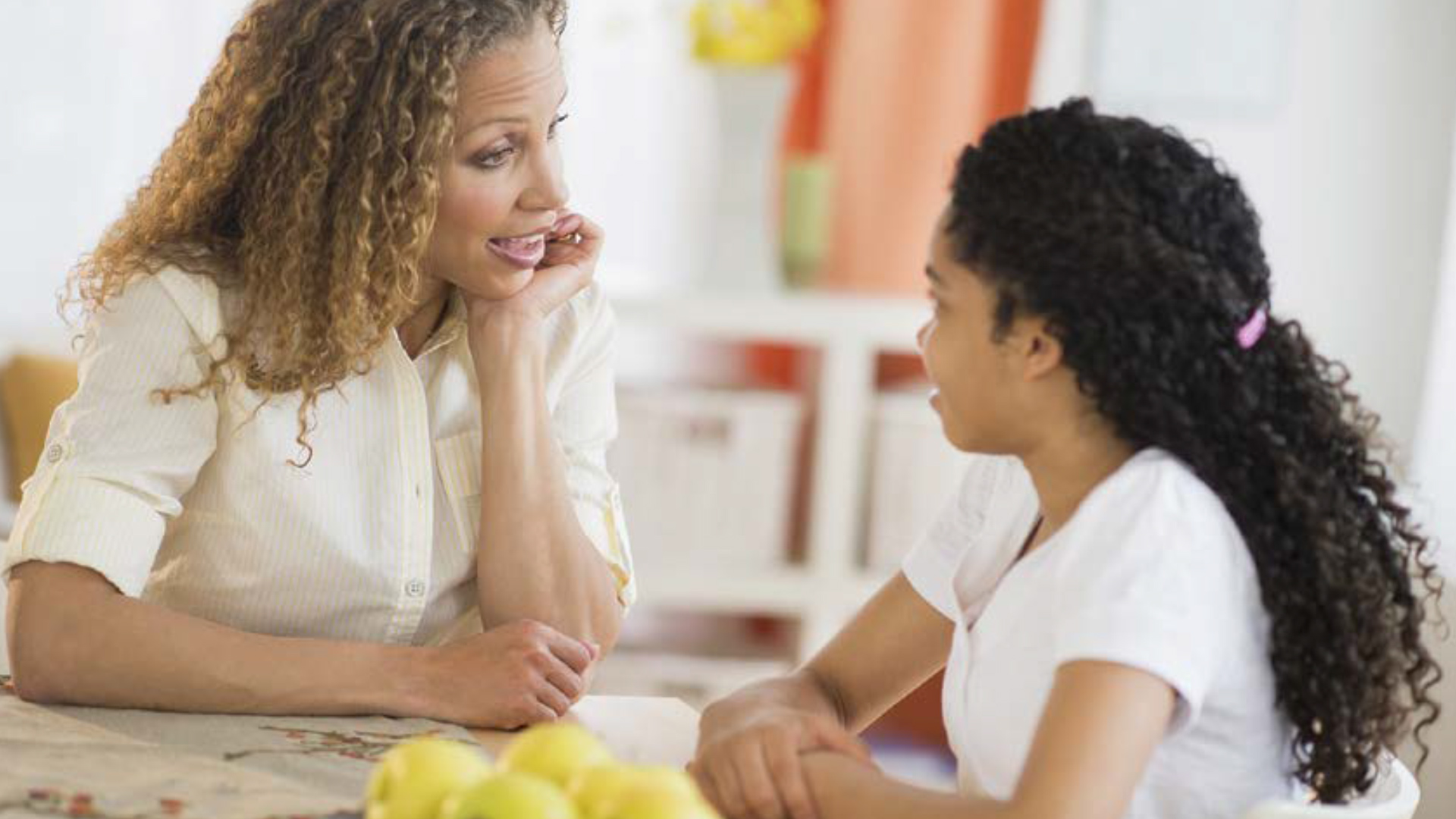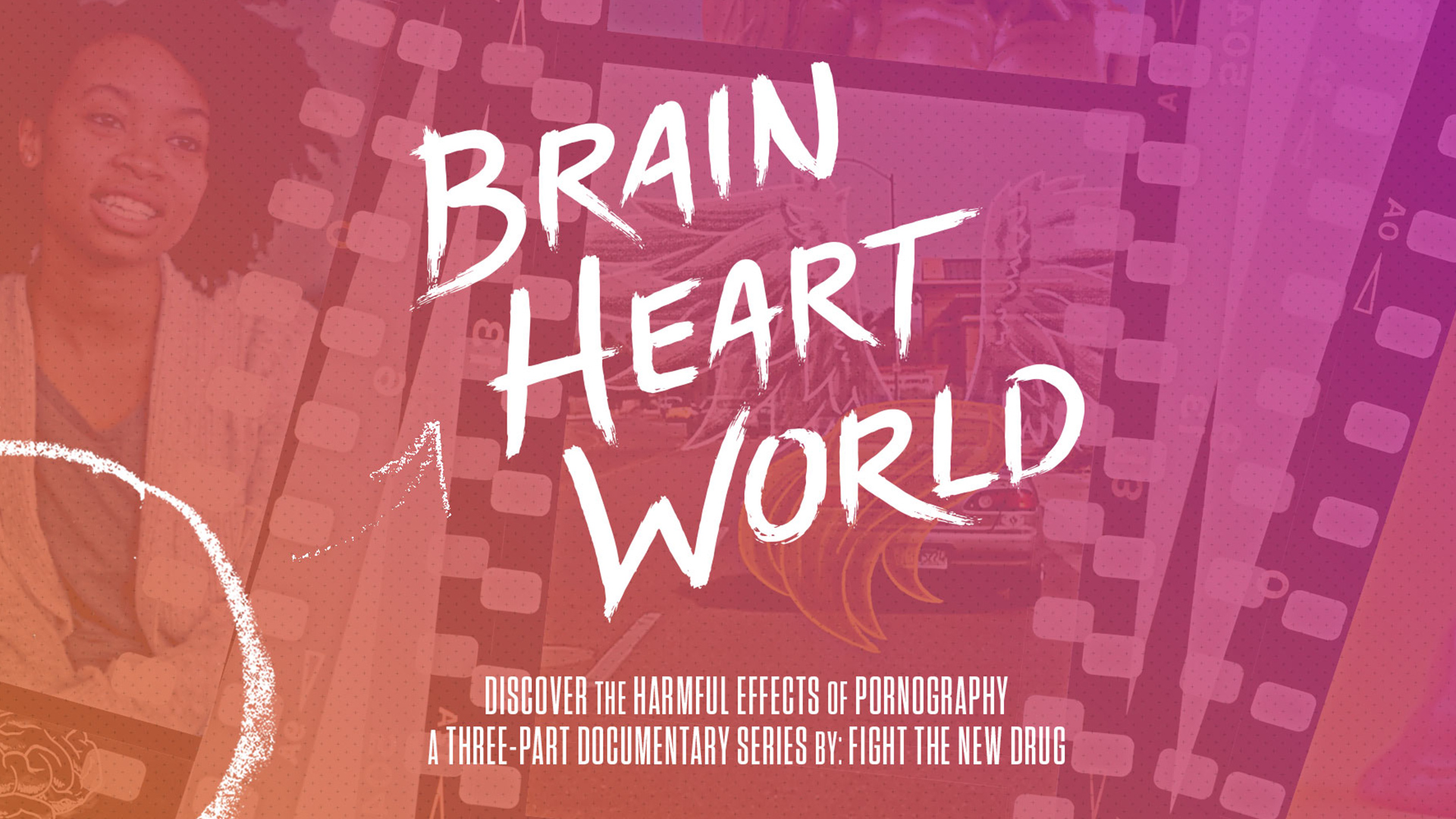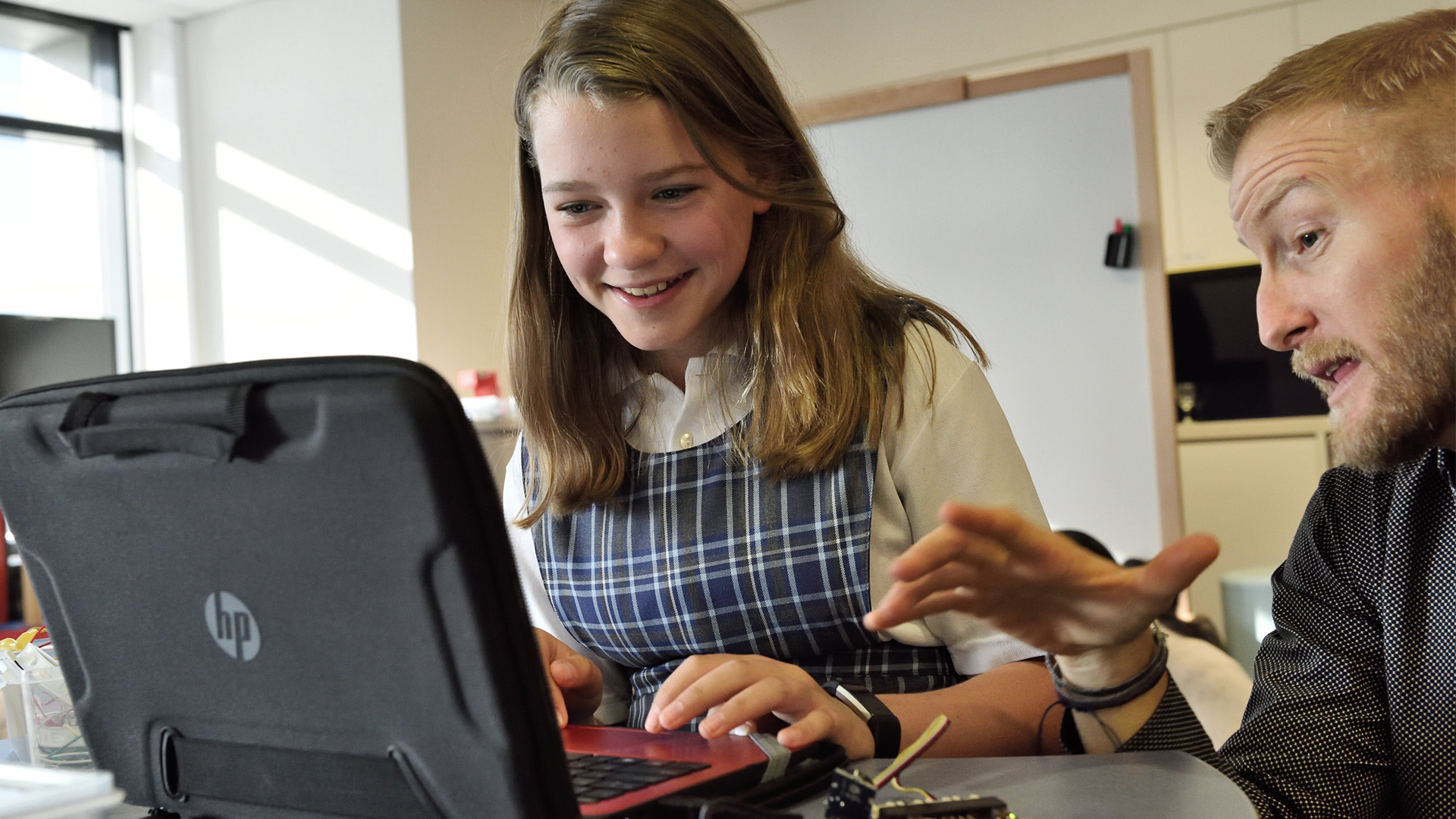The talk emphasised the urgent need for parents to get educated about the devastating impact of pornography exposure on their children’s lives (including their future adult lives). Main presenter, Dr. Antoinette Basson of the Youth Research Unit of UNISA’s Bureau of Market Research, noted that:
“Pornography is a social toxin that destroys relationships, steals innocence, erodes compassion, breeds violence and kills love.” (referencing the National Center on Sexual Exploitation, 2018)
Research shows that pornography (even non-hardcore pornography) is severely detrimental to the physiological and psychological health of both children and adults. Parents need to know that these harmful effects are significantly greater (worse) on children because their brain matter and capacity are still developing.
Contemporary Western society has become hyper-sexualised. In a 24/7 online, social media drenched world, boys and girls are being exposed to pornography at increasingly younger ages. Tragically, for many children, pornography becomes their teacher and reference point for what sexual intimacy and loving adult relationships should look like. Boys learn that girls’ bodies are objects to be used for sexual gratification. Girls learn that being sexually used (even violently) is normal, acceptable and desirable.
REALITY OF EXPOSURE
“It is no longer if your child will be exposed, but when …” (Dr Gail Poyner, author of “Pandora’s Box is Open – Now what do I do?”)
According to statistics, on average a child is exposed to pornography for the first time at the young age of ten. Ten years old! In other words, parents who have not started the conversation about pornography by age nine, is more likely than not already failing to prepare their children for the onslaught of the global pornography industry.
Exposure can happen anywhere. In the home through a smart phone, computer, tablet, television, DVD, or magazines. It can happen outside the home – like at a trusted friend’s house – or at school. Please remember that most childhood exposure to pornography is not intentional, but accidental. The reality is that if your child is online, he/she will eventually be exposed to something. Even when a child, especially a young child, intentionally looked at pornography, that child is still a victim and needs his/her parents’ love and help.
THERE IS HOPE
Although this subject is rather scary and overwhelming, the best thing you can do as a parent, is to get equipped/educated on how to protect your child, but also on how to empower your child to respond appropriately to exposure.
Apart from addressing the harms of pornography exposure/viewing on children, CFJ’s #ParentTalk also provided parents with guidance on –
- How to talk to children about pornography;
- How to protect children from exposure to online pornography through IT tools; and
- Parents’ and children’s response to and recovery from the effects of pornography.
Here is an example of an action plan parents can empower their children with, developed by Kristen A. Jenson and Dr Gail Poyner, authors of the book, Good Pictures, Bad Pictures.
CANDO: A 5-STEP PLAN FOR PARENTS TO EMPOWER CHILDREN
C Close your eyes
A Always tell a trusted adult
N Name it when you see it
D Distract and redirect your thoughts (over and over!)
O Order your thinking brain to be the boss!
WANT TO GET STARTED
There are brilliant resources available to help you protect your child from online exposure and help them deal with exposure, when it happens. Click on this link for a list of helpful resources.
We are very encouraged by the positive feedback we’ve received from parents who attended our #ParentTalk and decided to bring these parent awareness training interventions to more parents and schools through our online platform. You are welcome to contact us to get a notification when the #ParentTalk is available online.
We encourage you all to take active steps to support parents in protecting their children from the scourge of pornography

#Parent Talk: Children and Pornography
CASE-SA’s ‘#Parent Talk: Children and Pornography’ is an ideal awareness training opportunity for parents and teachers.
Contact us to book a Parent Talk at your school.

Brain-Heart-World Documentary
A screening of the ‘Brain-Heart-World Documentary’ by Fight the New Drug, is ideal to educate and empower children with knowledge on the harms of pornography, how to prevent but also respond to exposure and how to recover from the effects of exposure. Contact us to book a screening at your school.

Valuable Resources
If you are a parent or teacher and want to know more about how to talk to children about pornography, take a look at our resources page for helpful tools and information. CLICK HERE

